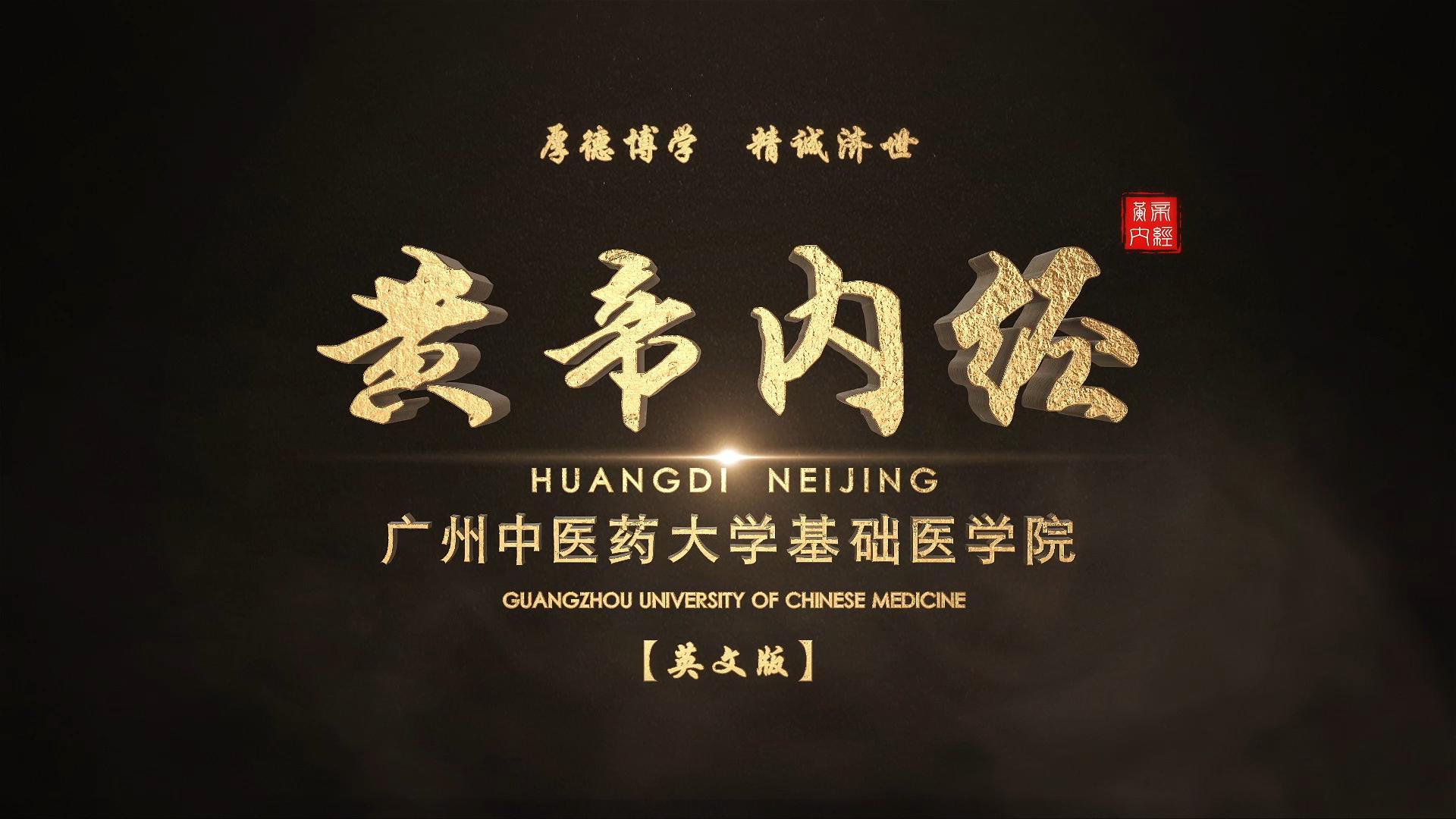《黄帝内经》是中国现存最早的医学书籍。它是中医药发展史上影响最深远的一部杰作。《黄帝内经》的出版,奠定了中医理论体系,为中医今后几千年的发展奠定了坚实的基础。《黄帝内经》论述了阴阳学说、五行学说、经络病因与病理、症状与证候、诊断、治疗、养生、五运六气。本课程的目标是帮助学生了解其独特的学术特征,包括:
1.整体观念
人的身体是一个有机整体,人与自然是统一的。
2. 恒动观念
一切事物都在运动和变化,包括人类的生活活动和疾病的发生。在此基础上,黄帝内经提出了辨证论治的观点。证是疾病的部位、性质、严重程度以及邪气和正气之间关系的综合体现。当一种疾病处于不同的阶段时,就会有不同的症状。
3.五脏功能系统观念
中医有肝、心、脾、肺、肾五大生理系统。这五种体系之间存在着密切的相互关系。疾病的原因是这五个功能系统的不平衡。也就是说,五脏的阴阳、气血失去了平衡。
1.本课程不仅关注《黄帝内经》原文的翻译,更关注《黄帝内经》理论的深层含义和临床应用。
2.本课程面向中医研究者、学生和医生。在翻译一些重要理论和观点的基础上,通过对多个案例的讨论,强调了临床应用。这些病例来源于我们的临床经验和《黄帝内经》的教学经验。我们希望通过本课程的学习,帮助学习者快速提高自己的诊疗技能,并了解《黄帝内经》的重要内容。
HuangDi NeiJing is the earliest medical book in existence in China. It is a masterpiece that has had the most significant influence in the development of Chinese medicine in history. The publication of Huang Di Nei Jing founded the theoretical system of Chinese medicine and made a strong basis for the development of Chinese medicine for the next millennia.
Huang Di Nei Jing discusses Yin Yang theory, theory of Five Elements, Meridian Etiology and Pathology, Symptoms and Syndromes, Diagnosis, Treatment, Yang Shen, and Wu Yun Liu Qi.
The goal of this course is to help students to understand the unique academic characteristics, including:
1. Holism
Human beings body is an organic whole. Human beings and nature are united.
2. Changing View Points
Everything is moving and changing including human beings life activities and the happening of diseases. Based upon this theory, Huang Di Nei Jing created a view point which is called “Treatment Based on Syndrome Differentiation”. A syndrome is a combination of location, nature, severity, and relationship between evil qi and zheng qi of a disease. When a disease is in different stages, there are different syndromes.
3. Viewpoint of Five Functional Systems
We have five physiological systems in Chinese Medicine- Liver, Heart, Spleen, Lungs, Kidney. Close co-relationships exist among these five systems. The cause of diseases is because of the imbalance among these five functional systems. That is to say, yin yang, qi and blood of the five organs have lost balance.
1.This course focuses not only on the translation of original articles of Huang Di Nei Jing, but also the deep meaning and clinical application of Huang Di Nei Jing theories.
2.This course is intended for Chinese medicine researchers, students, and doctors. Based upon the translation of some important theories and viewpoints, we emphasize the clinic application by discussing many cases. All of these cases come from our clinic experience combined with our teaching experience of Huang Di Nei Jing. We hope that this course can help learners to improve their clinic skills quickly and access the most important points of Huang Di Nei Jing.

